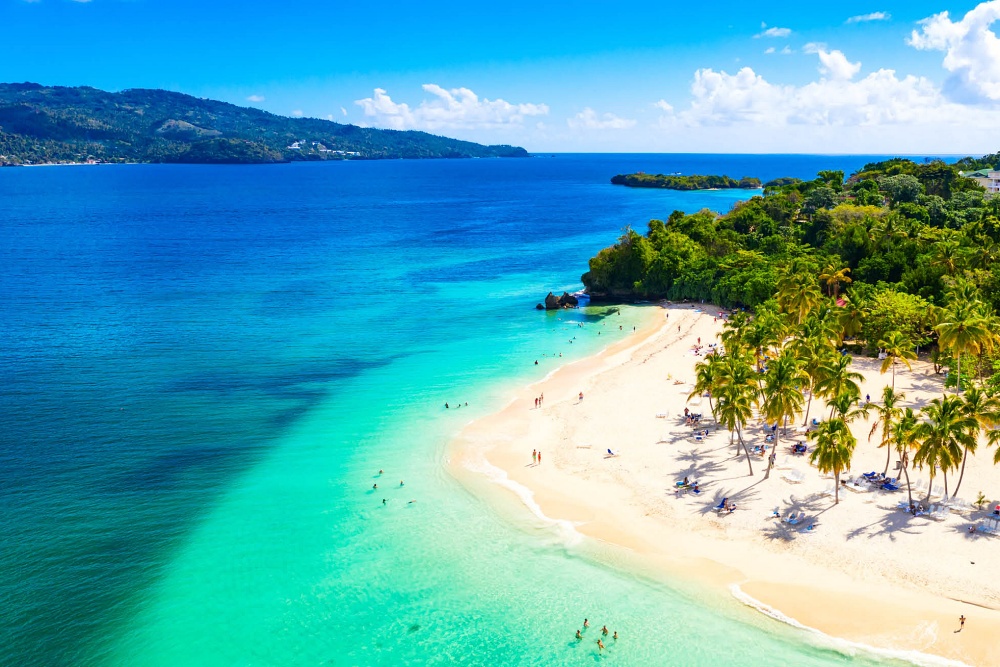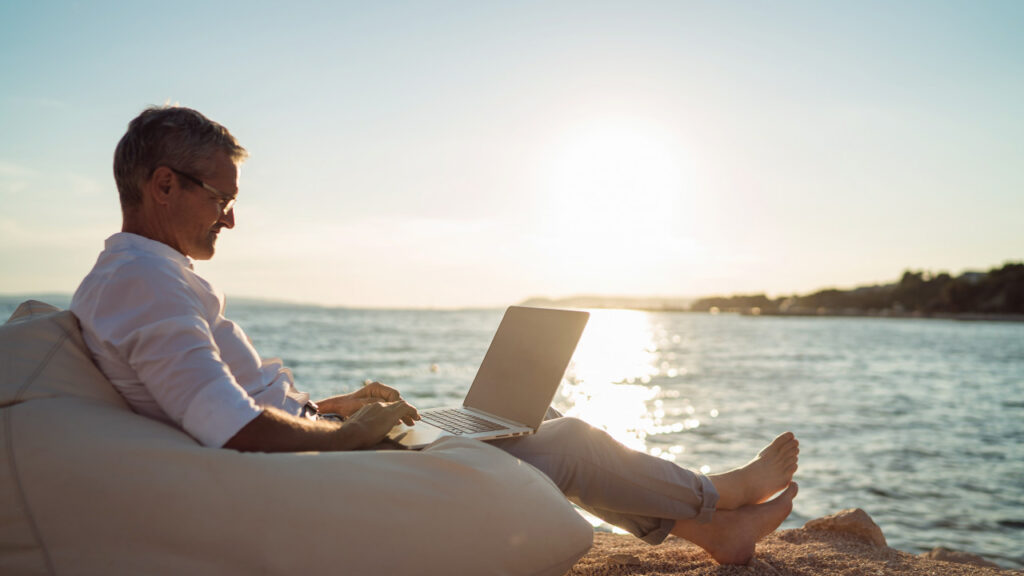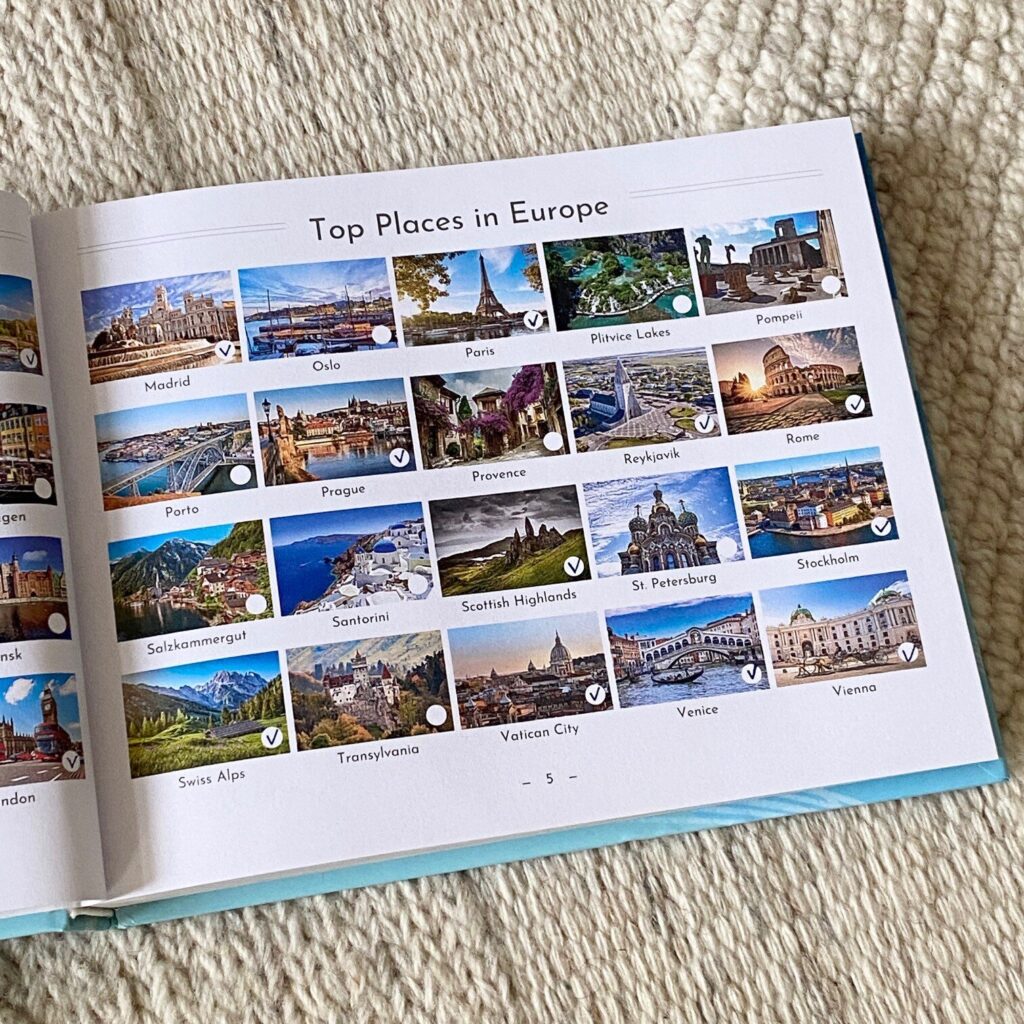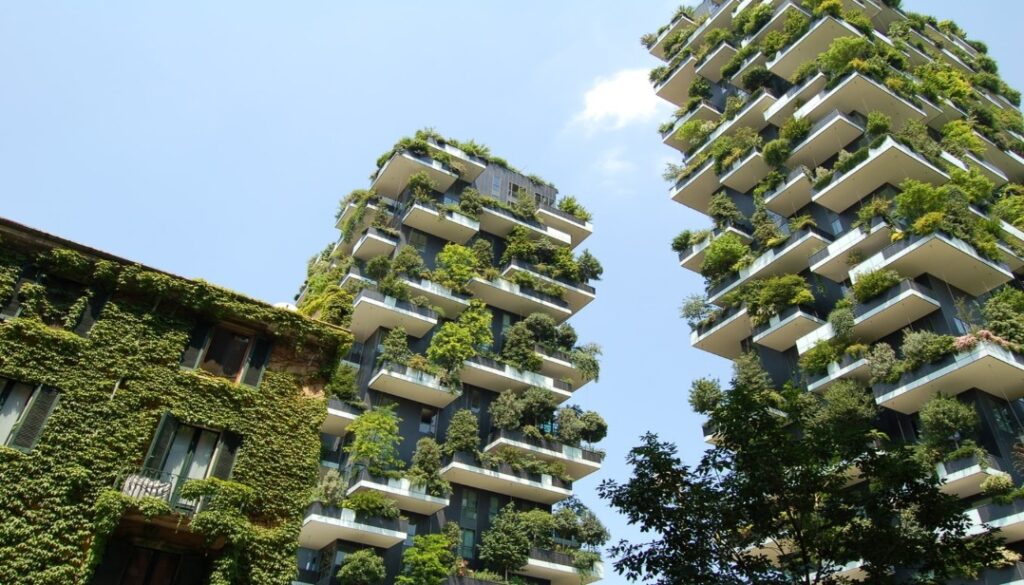As travel has resumed to almost pre-covid scales, it seems that the travel and hotel industries have undergone a major shift during the last two years of the pandemic, in an attempt to rethink and reposition their efforts in creating more meaningful and sustainable experiences for travelers. WE Media presents the main travel and hotel trends for 2022, defined by the need for essentialism, bespoke experiences and intergenerational travel.
BESPOKE EXPERIENCES
Bespoke experiences are much sought-after, particularly following the covid restrictions. 57% of travellers feel that brands should tailor their information based on personal preferences or past behaviours, and 36% would pay more for their services if this was the case. A turn to essentialism, an understated luxury, and a tailor-made approach to both travel and hotel stay seem to define the landscape in 2022 and beyond.

BLEISURE COMBINED
New research shows that more than 60% of business trips in the past year included a leisure portion. The business-leisure combination means that travel and hotel bookings no longer depend on purely one of two aspects, especially as remote work enables everyone to work during their holidays whilst most business travellers seek out a leisure experience while visiting for work.

BUCKET LISTS
Bucket lists are on: 45% of travellers have a travel bucket list in mind. The majority of those (82%) will aim to tick one or more destinations off their list in the coming year. Most likely to feature on a bucket list is seeing one of the wonders of the world (47%), followed by trying a local delicacy (35%), visiting an island paradise (34%), and
going to a world famous theme park (34%). Bucket lists are also determined by inter-generational travel, large extended family traveling together in an attempt to reconnect.

SMART AND SUSTAINABLE
Smart and sustainable hotels are on the rise in search engines and travellers’ preference. Incorporating the Internet of Things (IoT) into a property is something that excites guests. It offers them a high level of convenience and efficiency, and also a sense of luxury. People are starting to incorporate tech like this in their own homes so the demand for it in hotels is sure to increase. Generally, society is becoming more environmentally conscious as it becomes clear sustainability is an important issue. These changing attitudes are filtering into the way travellers choose their hotel. Sustainable hotels look at eco-friendly construction, energy saving, waste management as priorities. Another major factor influencing hotel trends is broad lifestyle changes that have been seen across the world. In general, people are more aware of climate change and the role that human behaviour is having, and this has led to greater demand for eco-friendly travel, sustainable food, and local rather than international tourism.

THINK GLOBAL BUT TARGET THE LOCAL TRAVELLER
Another hotel trend be aware of is an increased focus on local guests, as opposed to international ones. This has been primarily influenced by travel restrictions during the COVID situation, which has either prevented travel or enforced quarantine requirements on travellers to and from certain countries.
Many hotels have responded by switching their marketing efforts to target local customers, or at least customers from neighbouring countries. This may mean highlighting different aspects of your hotel, such as gym facilities, wi-fi access and the ability to carry out remote work from your hotel rooms or from dedicated work areas. Some hotels have also explored services like food delivery and you could potentially make your hotel stand out here by delivering a dining experience to people’s doors through additional services, like QR code Spotify playlists.



